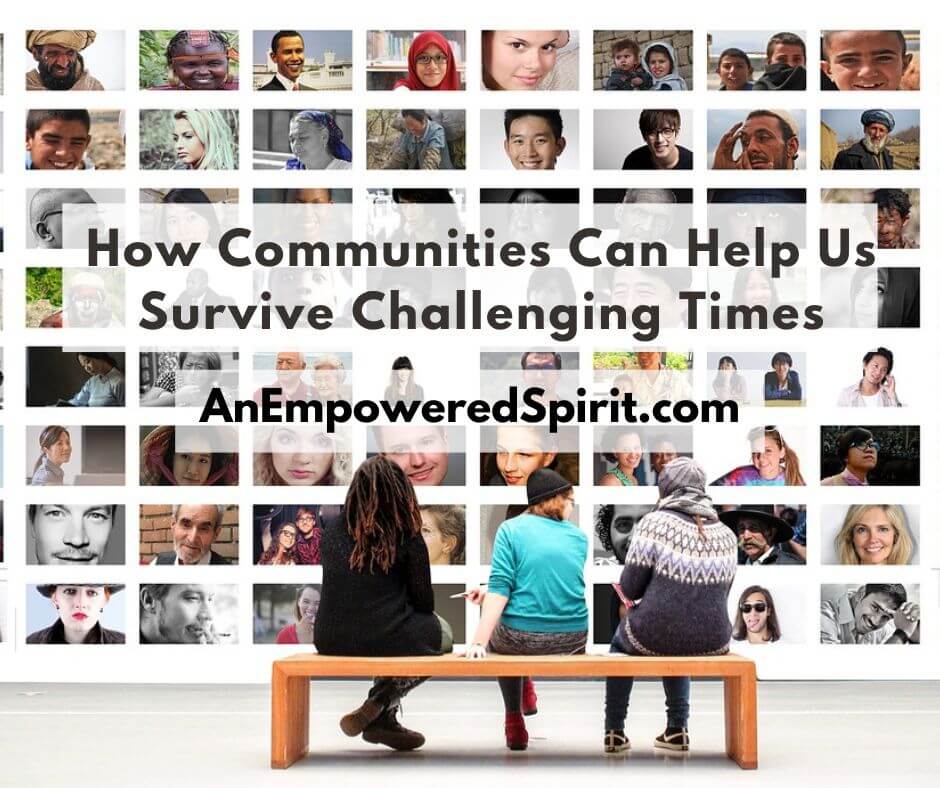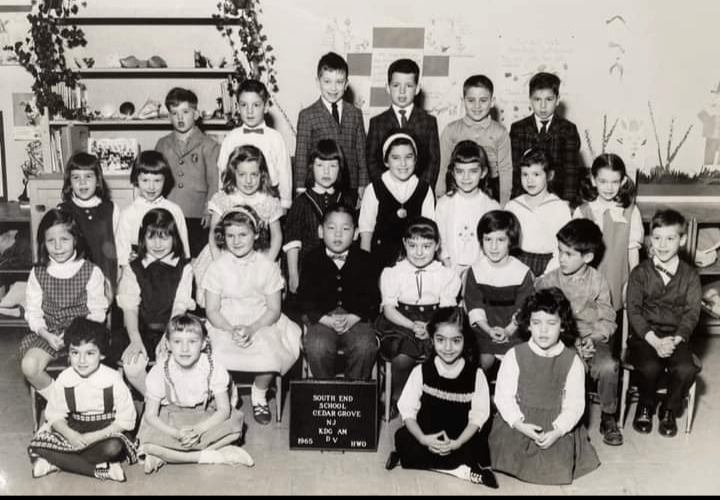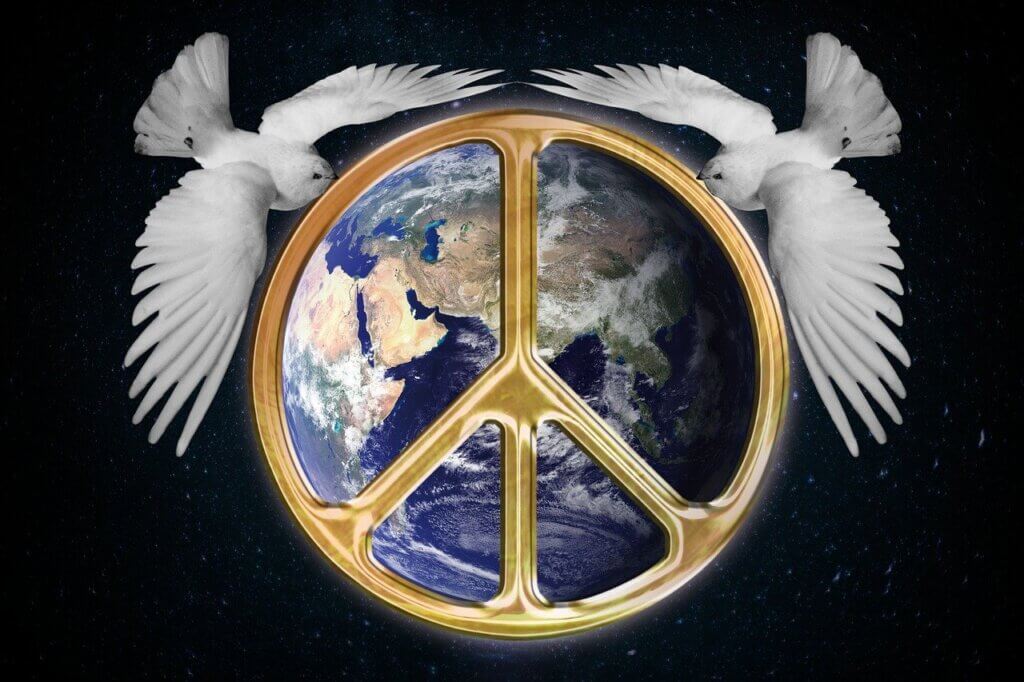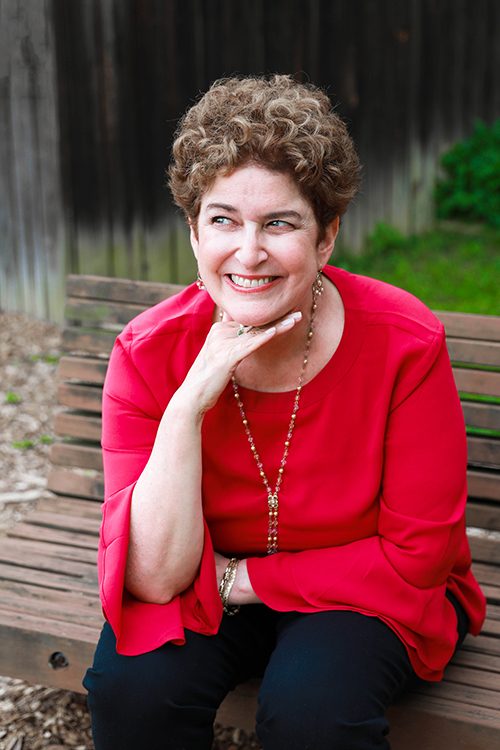I’ve been thinking about how important communities are and how they can help us survive challenging times. They support our need to be active and informed, help us find comfort and advice, or provide a much-needed safe place to fall.
In the current global situation, having multiple communities for support is crucial for maintaining good physical and mental health.

Think about it: Where do you turn when you’re feeling sad, scared, or lonely? When illness strikes, who do you seek for support and guidance? When you feel helpless or angry, who is there to listen to you?
Communities with empathetic people are a valuable resource to have on our side.
When Senator Barack Obama announced his presidential candidacy in 2007, I learned about his work as a community organizer in the poorer neighborhoods of the South Side of Chicago in the early 1980s. It was the first time I had thought about community organizers, and I wanted to learn more.
I learned how community organizers can give people a sense of commitment and purpose by helping those in need.
In a New York Times article titled "Obama's Organizing Years, Guiding Others and Finding Himself" (July 7, 2008), we learn that President Obama worked tirelessly to help a multicultural, lower-income neighborhood address issues like asbestos removal, public safety, and employment. Despite facing obstacles, he formed a lifelong commitment to the community.

My kindergarten class, 1965.
I grew up in a tight-knit community where neighbors helped neighbors. Children played outside until dark, and parents kept their doors unlocked in case a child was thirsty, needed a bathroom, or had a problem.
Today, we live in a world that needs stronger communities. I see some crumbling all around us. We’re being pitted one against the other in ways I never imagined.
It’s a challenging time to be alive.
But I’m an optimist who believes there are more good people in the world than bad, more kindness than evil, and more hope than despair.
There are always skeptics, but I see communities uniting to offer assistance after hurricanes devastate towns, especially when government resources are limited.

Anxiety and frustration are so prevalent these days that many of us experience physical and emotional stress. When that happens, I look to my mentors, who inspire and encourage me through their actions and words.
A great example of a mentor who created a community of inclusion and understanding was Fred Rogers of educational television fame. Rogers was a larger-than-life mentor featured in a documentary on his life called “Won’t You Be My Neighbor?”
I’ve always admired his goodness and compassion, and find comfort in a memory he shared:
“My mother would say to me, ‘Look for the helpers. You will always find people who are helping.’ To this day, especially in times of disaster, I remember my mother’s words, and I am always comforted by realizing that there are still so many helpers — so many caring people in this world.”
Mentors' and communities' guidance and support are crucial in shaping a balanced, joyful, informed, and peaceful life.
Here are some communities I look to for strength, hope, inclusion, and joy. Maybe you do, too!:
What communities do you rely on? Who listens to your thoughts and ideas? Who inspires you? Where do you turn for the information you need or the empowerment you seek? Who keeps you feeling balanced or joyful? Who comforts you when you're feeling down? Leave your thoughts in the comments.
